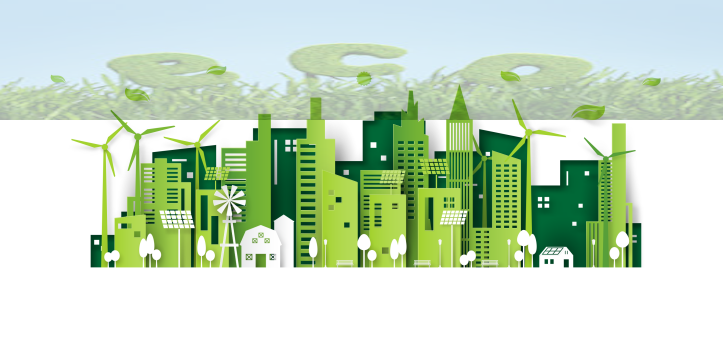
Living Green: Finding an Eco-Friendly Home
Doing the right thing for the environment is a powerful draw for many homebuyers these days, as is saving money by living in a home that’s been constructed or retrofitted with eco-friendly features. It’s sustainable living in every sense. Maximum energy efficiency, low maintenance and operation costs, improved indoor air quality, water efficiency and overall better health are just some of the benefits that homeowners gain from eco-friendly living.
Long considered too expensive to build and maintain, eco-friendly homes can pay for themselves many times over, often last longer than other homes, maintain higher property values and even offer tax benefits and incentives. If you’re considering entering the housing market, “going green” can save you money while you do your part in conserving environmental resources. Here are a few key features HydroNaturals recommends you look for in an environmentally-friendly home:
Tankless water heaters
Tankless, or “on demand,” water heaters use up to 50 percent less energy than homes with tanks. That means that you can expect to save up to $160 a year, depending on your water usage and the tank model you buy. Water is heated only when you turn on the faucet, which eliminates the cost of maintaining 40 or 50 gallons of hot water and represents a significant energy savings. If you find a home you love with a standard water heater, you can always install one after you move in, but replacing a water tank is not a DIY job. Using a site like Angi.com, you can find the Greater Atlanta area’s top-rated plumbers, and based on reviews and client testimonials, you can narrow down a few candidates you can contact for a quote to install a tankless heater. Be sure to ask about each company’s environmental practices as well to ensure they use green labor and disposal methods.
Maximum lighting
An efficient use of natural light is a hallmark of green home construction. Look for lots of window space and skylights that maximize natural light and heat. Lots of natural light means a reduction in the use of electricity, a reduced carbon footprint, reduced need for chemical emissions and considerable overall savings. Natural light is a popular item and much coveted by homebuyers, whether they intend to go green or not.
Solar power
Keep an eye out for houses that make use of the sun’s power through solar panels. It’s one of the best ways of producing environmentally-friendly electricity and cutting deeply into your energy costs every month. Solar panels are more in evidence in residential homebuilding than ever, thanks to the fact that the cost of solar panels/solar energy has gone down significantly in recent years due to greater demand in the residential housing market. If you’re one of those people who’ve always believed that solar panels only work in bright sunlight, you can relax - they produce electricity from photons present in natural daylight.
Clean water
If you’re shopping for an eco-friendly home, be on the lookout for a property with a water filtration system. In areas that get high amounts of rainfall, a filtration system provides an excellent and efficient means of re-using water from accumulated rainfall. Reusing water in this manner means reduced water bills every month and is of particular importance in regions where water supplies are sometimes in sparse supply. Filtered water is cleaner and safer to drink, results in fewer plumbing problems, and even helps save money on soap.
Heating the natural way
Fireplaces - usually an excellent selling point for many homeowners - gives your family a natural means of heating your home. Natural heating can be used to heat water as well as warm a room in an inexpensive and sustainable manner. If you’re worried about burning tons of wood that you’ll either have to buy or cut yourself, bear in mind that newspaper can be rolled into logs that will burn just as easily. Keep an eye out for a home with multiple fireplaces, which will help you make the most of this natural heating resource.
Looking for an environmentally-friendly house is a responsible act and smart business. Reducing energy and water costs and using natural resources to maintain a home can save the average family thousands of dollars every year.

